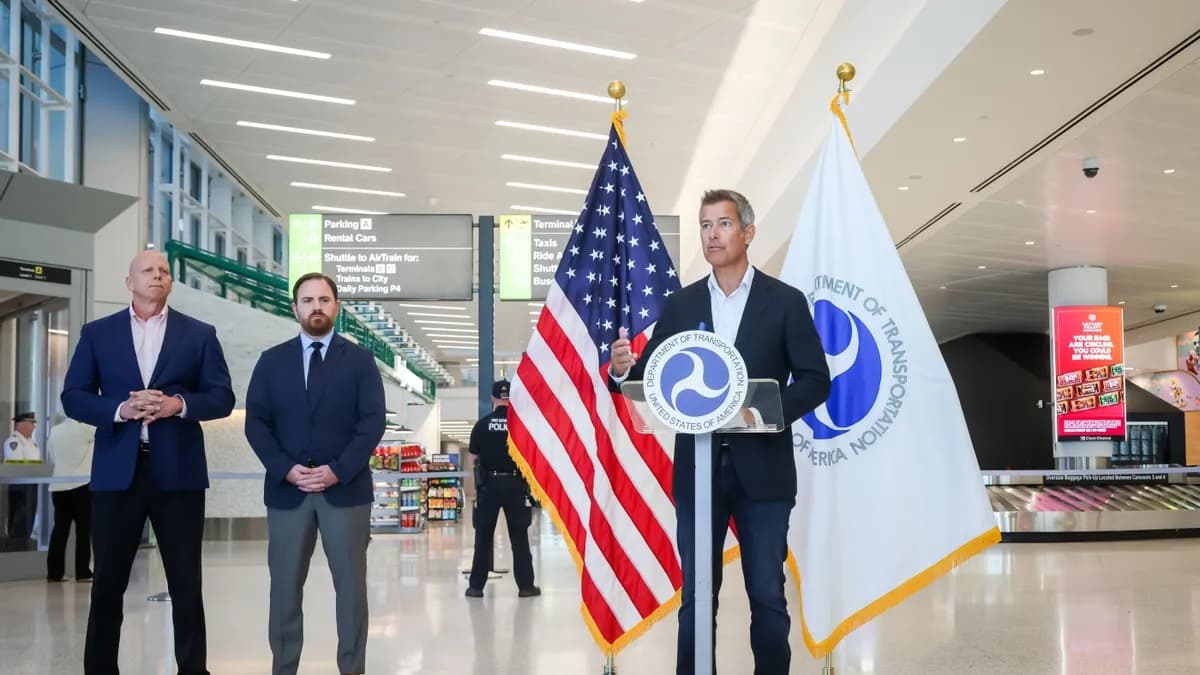Trump policies leave nearly 200,000 Ukrainians in legal limbo
Processing pauses and new fees introduced by the Trump administration have stranded almost 200,000 Ukrainians who came to the United States under a humanitarian program. The disruption is costing families jobs and health coverage, straining employers that relied on their labor, and raising difficult policy and economic questions for Washington.

Nearly 200,000 Ukrainians who fled the war remain in legal limbo in the United States after processing pauses and policy shifts implemented by the Trump administration, according to internal U.S. government data reviewed by Reuters. The humanitarian program introduced in April 2022 allowed nearly 260,000 Ukrainians into the country for an initial two year period, but delays and a pause on renewals have left a large cohort without valid work permits or authorized status.
Reuters interviewed two dozen affected Ukrainians who described lost jobs, lost health insurance, mounting financial strain, chronic anxiety about detention and deportation, and in some cases "self-deportation" to other countries to avoid immigration detention. The scale of the disruption is stark. Of the group now facing expired status, only about 1,900 renewal applications were processed after the pause, a fraction of what would be needed to keep the majority legally entitled to work and receive benefits.
The pause and the imposition of new fees have created immediate economic pain for households and for businesses that had relied on Ukrainian workers. Without valid work authorization many workers were forced to stop working, causing abrupt income loss and the termination of employer provided health insurance. Small employers in local labor markets reported difficulties replacing experienced employees on short notice, exacerbating staffing shortages in sectors where Ukrainians had been employed.
Economists and policy analysts say the situation can have broader ramifications. Roughly three quarters of the initial humanitarian cohort are now affected, and the virtually negligible rate of processed renewals means the disruption will likely dampen consumer spending among these households in the near term. Reduced earnings and higher uninsured rates can translate into greater demand for public health and social services, even as firms face higher hiring costs and potential declines in output if workers do not return.
The legal limbo also raises questions about the administration's immigration strategy and the capacity of federal agencies to manage humanitarian programs. The pause has effectively stalled the administrative pathway that had provided temporary stability for Ukrainians and created uncertainty about whether they can remain in the United States over the medium term. For families who came to rebuild after fleeing conflict, the loss of legal status carries not only economic consequences but also legal exposure and mental health tolls.
Policy options available to lawmakers and the administration would range from restarting and expediting renewals to waiving fees or creating a legislative pathway to more durable status. Each option carries trade offs involving fiscal costs, political feasibility, and long term immigration policy. What is clear is that the current impasse is reshaping local labor markets, widening financial hardship for affected families, and presenting a test of the federal system charged with balancing humanitarian commitments and immigration control.


